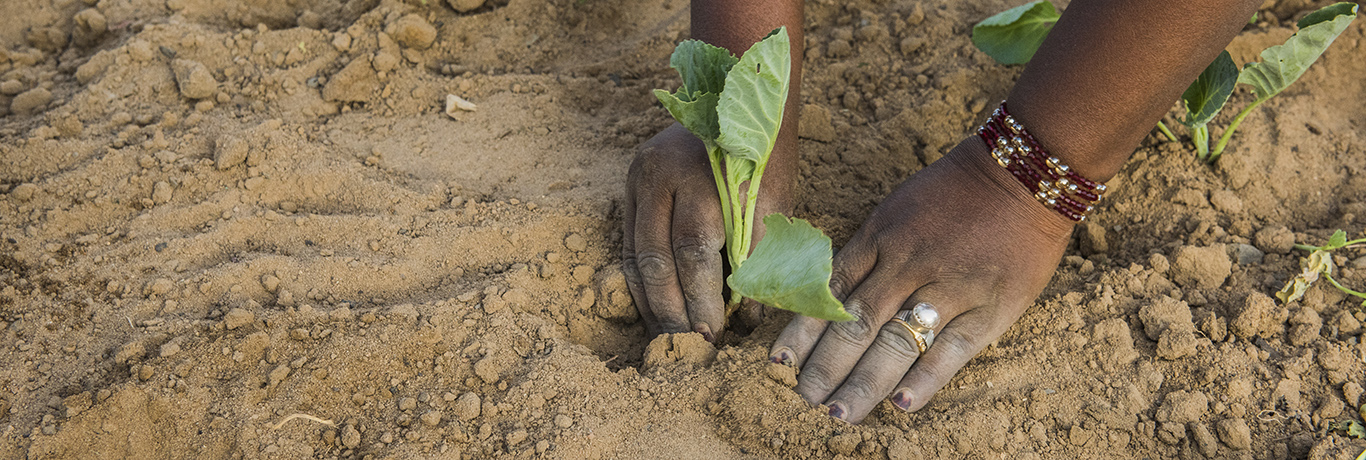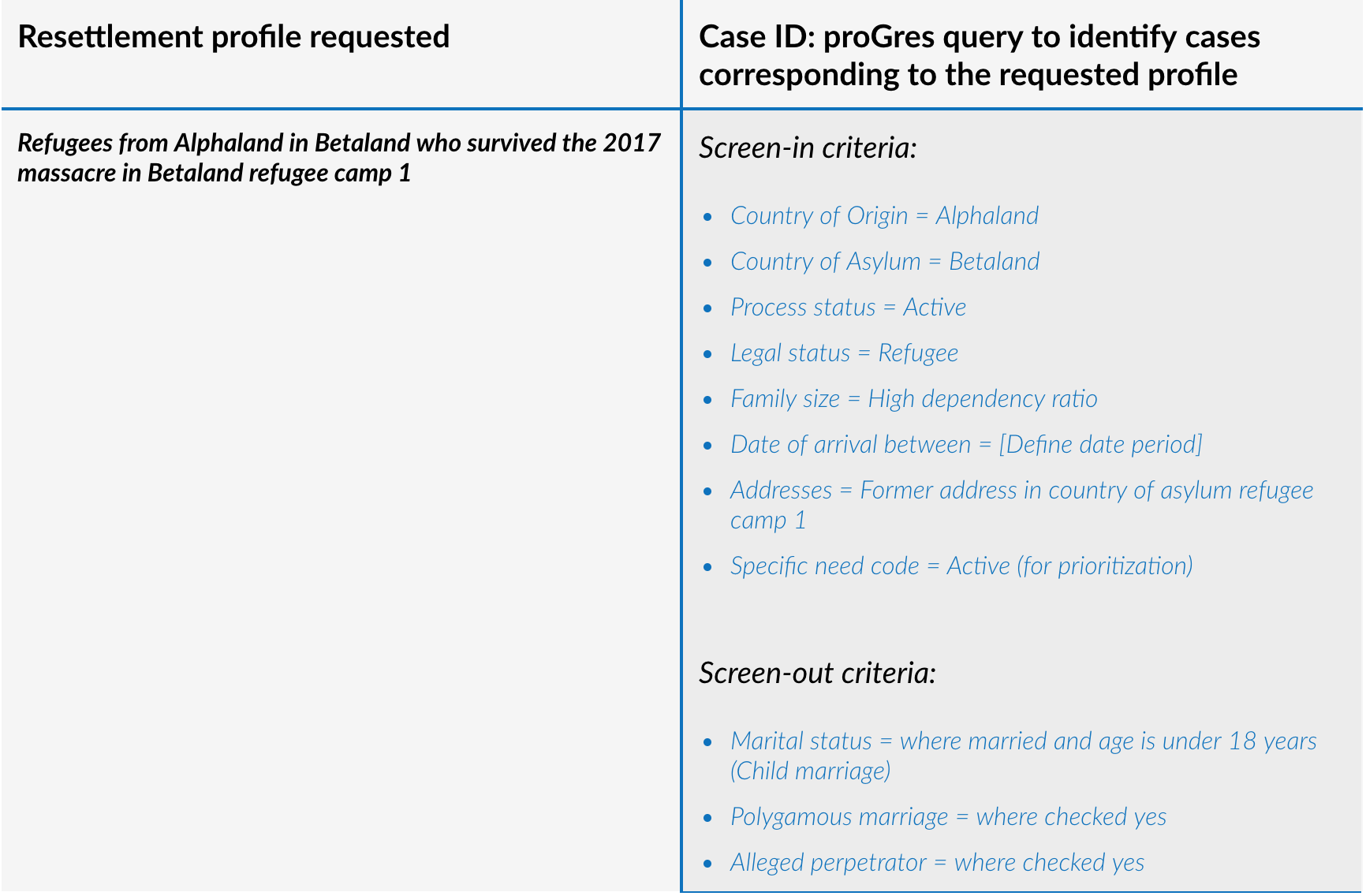Case management refers to all the actions taken in relation to an individual or case over time, including referral to protection intervention, assistance, counselling and other follow-up based on registration and other data recorded in PRIMES. Case management at the registration stage is sometimes referred to as ‘protection frontloading’, meaning that protection and assistance needs are identified at the front end of case processing, ensuring an early protection response. Frontloading case management at registration is increasingly the norm as operations move from a linear case processing approach to emphasizing the protection impact of all actions undertaken with respect to populations of concern.3 Frontloading is focused on pursuing interventions, from the earliest stage, through a rights-based and needs-based approach, including socio-economic inclusion and livelihood opportunities as well as pathways to solutions, including those made possible through the Global Compact on Refugees.
Case management at registration is most effective when an expanded registration data set is collected, for example, ICR or IEhR. It also requires a strong protection presence4 and registration staff trained to identify specific needs and refer individuals, as per SOPs, for further assessment via an established referral mechanism. Such a referral mechanism should be developed and agreed based on cross-functional consultation and in light of available services and interventions. Roles and responsibilities of each actor in the referral system should be documented and known to all involved (i.e. different functional units, external partners). The Referrals entity in PRIMES (both in proGres v4 and in RApp) facilitates referrals as follows:
- Internal referrals (e.g. from Registration colleague to a Resettlement colleague) may be recorded and executed through the referral entity;
- External referrals (e.g. from a Registration colleague to a Child Protection partner) may be recorded in the referral entity, but must be executed separately, for example, by email or other mechanism in place.
All case management activities conducted by UNHCR should be recorded in PRIMES to ensure that the history of needs identified and interventions carried out are reflected in one location.
3 See, for example, the RSD Strategic Directions paper.
4 Where protection staff are not physically present at registration, a protection focal point must be easily reachable and able to meet with individuals as necessary.



